Humans
Sign up for our newsletter
We summarize the week's scientific breakthroughs every Thursday.
-
 Health & Medicine
Health & MedicineBetter male birth control is on the horizon
Men have two birth control options: condoms and vasectomies. Why has it taken so long to develop more contraceptives?
-
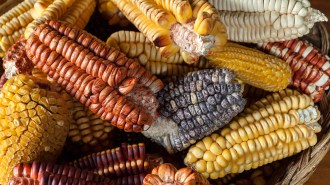 Archaeology
ArchaeologyHere’s how ancient Amazonians became master maize farmers
Casarabe people grew the nutritious crop year-round on savannas thanks to networks of drainage canals and ponds.
By Bruce Bower -
 Health & Medicine
Health & MedicineCan you actually die of a broken heart?
Death by heartbreak doesn't just happen in stories. In real life, severe stress can cause the sometimes-fatal takotsubo syndrome.
-
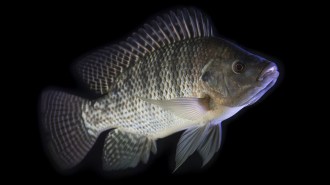 Animals
AnimalsFever’s link with a key kind of immunity is surprisingly ancient
When sick, Nile tilapia seek warmer water. That behavioral fever triggers a specialized immune response, hinting the connection evolved long ago.
-
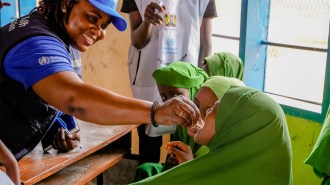 Health & Medicine
Health & MedicineTrump is withdrawing the U.S. from WHO. Here’s what that means
When Trump’s move to leave WHO takes effect in a year, it may gut funding for global public health and limit U.S. access to crucial data, experts warn.
By Meghan Rosen -
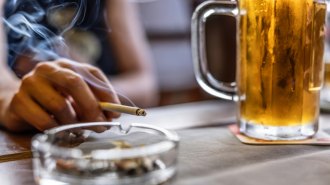 Health & Medicine
Health & MedicineCigarettes with less nicotine may help some smokers quit
The U.S. Food and Drug Administration issued a rule to drastically reduce the amount of nicotine in cigarettes and other combusted tobacco products.
-
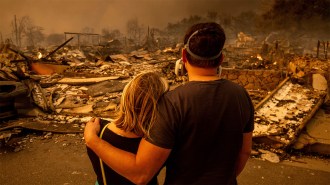 Psychology
PsychologySurvivors of the LA fires will face a complex blend of mental health challenges
Logistical needs, like employment and housing, along with psychological needs must be met after disasters like the LA wildfires, research shows.
By Sujata Gupta -
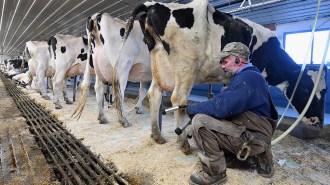 Health & Medicine
Health & MedicineWhat bird flu experts are watching for in 2025
Since early 2024, the U.S. has logged 66 human cases of H5N1. Scientists are keeping a watchful eye on the virus’s spread as we enter a new year.
-
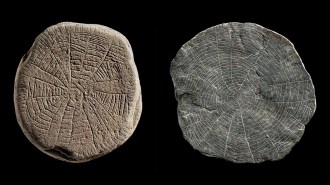 Archaeology
ArchaeologyAncient, engraved stones may have been buried to summon the sun
Members of a Stone Age culture in Denmark may have ritually buried stones to counter the effects of a volcanic eruption.
-
 Health & Medicine
Health & MedicineLethal snake venom may be countered by new AI-designed proteins
The current way to produce antivenoms is antiquated. Experiments in mice suggest that an artificial intelligence approach could save time and money.
By Meghan Rosen -
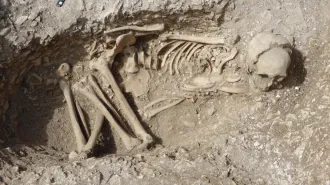 Genetics
GeneticsIron Age Celtic women’s social and political power just got a boost
Ancient DNA indicates women stayed in their home communities and married partners from outside the area.
By Bruce Bower -
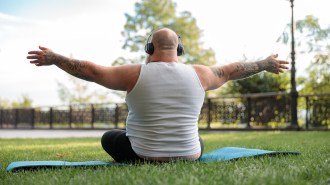 Health & Medicine
Health & MedicineObesity needs a new definition beyond BMI, health experts argue
Experts say clinical obesity is more than a high BMI and instead is a disease in which excess body fat harms tissues, organs or doing daily activities.